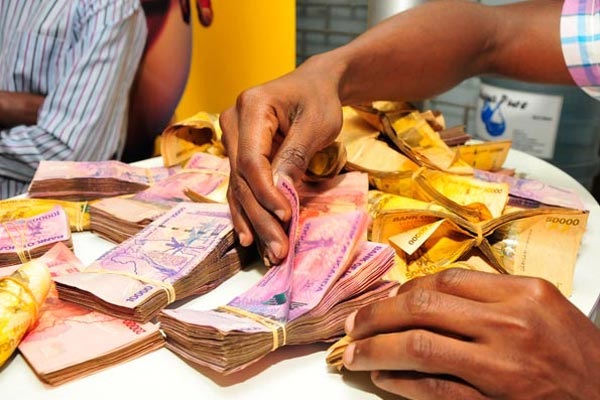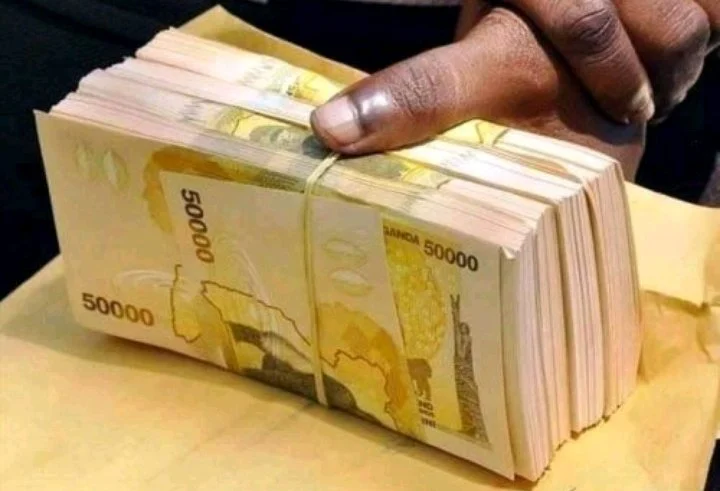(Tehran) – Iran’s currency, the rial, fell sharply on November 6, reaching a record low against the U.S. dollar as Donald Trump’s election victory sparked fears over the future of U.S.-Iran relations. Trading above 700,000 rials per dollar, this drop reflects rising concerns about the potential return of tough U.S. policies on Iran under Trump’s second term.
The rial’s decline is part of a broader trend, as Iran’s currency has been steadily losing value in recent months. High inflation, topping 30% throughout 2024, has been a key factor. Additionally, the Iranian government has faced mounting budget deficits and has shifted more funds toward military spending amid increasing regional tensions, especially with Israel.
As uncertainty grows, many Iranians are exchanging rials for more stable assets like U.S. dollars or gold, accelerating the currency’s depreciation.
Background: Iran’s Economic Troubles
| Issue | Impact on Economy |
|---|---|
| High Inflation | Erodes rial’s value, raising living costs |
| Budget Deficit | Adds economic pressure, raises inflation |
| Military Spending | Diverts funds from other sectors |
| Currency Devaluation | Pushes citizens toward dollar, gold |
Although the rial’s slide began before the election, Trump’s victory has intensified fears of renewed U.S. sanctions. Trump’s previous “maximum pressure” strategy drastically reduced Iran’s oil exports, its main revenue source, to as low as 100,000 barrels a day. Under President Biden, oil exports recovered somewhat, reaching around 2 million barrels per day, largely due to a softer approach to sanction enforcement and ongoing indirect talks. With Trump back in office, however, many Iranians fear a return to stricter sanctions, which could further strain the economy.
Concerns Over U.S.-Iran Relations
Trump’s close ties with Israeli Prime Minister Benjamin Netanyahu also worry Iranians. Some fear that Trump may give Israel more freedom to take military actions in the region, including potential strikes on Iran’s infrastructure or oil facilities, further damaging the country’s already fragile economy.
The Iranian government, however, has downplayed the impact of Trump’s win. Fatemeh Mohajerani, a spokesperson for President Masoud Pezeshkian’s administration, stated that U.S. elections “do not specifically affect Iran,” and that both nations’ policies are stable and unaffected by leadership changes. This comment appears aimed at calming domestic markets, but analysts suggest that these efforts may be insufficient to prevent further devaluation of the rial in the coming weeks.
Some Iranians hope that Trump might seek to reduce conflict in Gaza and improve stability in the Middle East. They argue that if Trump focuses on diplomatic resolutions, the currency drop may stabilize. However, uncertainty is prevailing, as fears of a return to “maximum pressure” policies continue to weigh heavily on Iran’s economy.




















